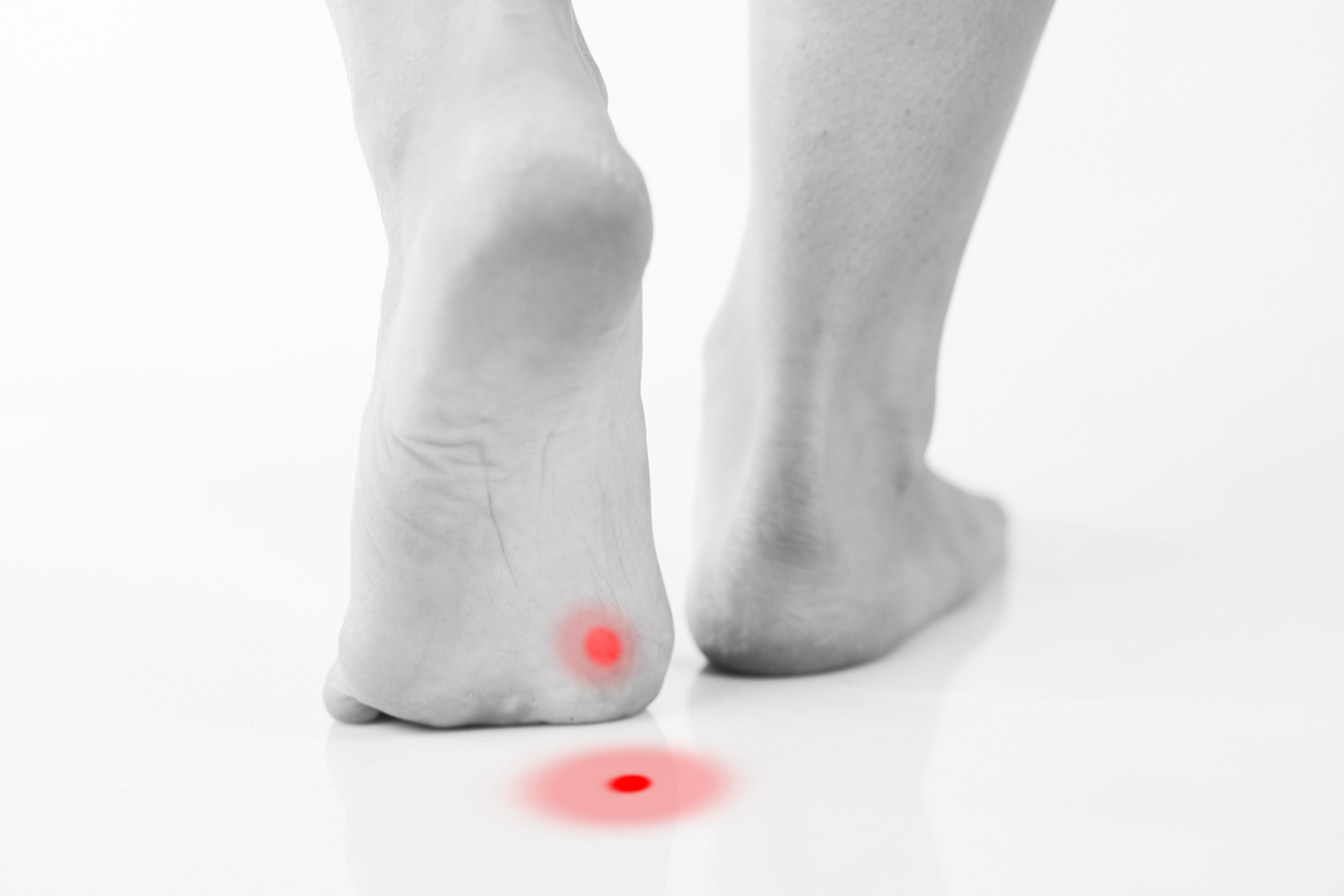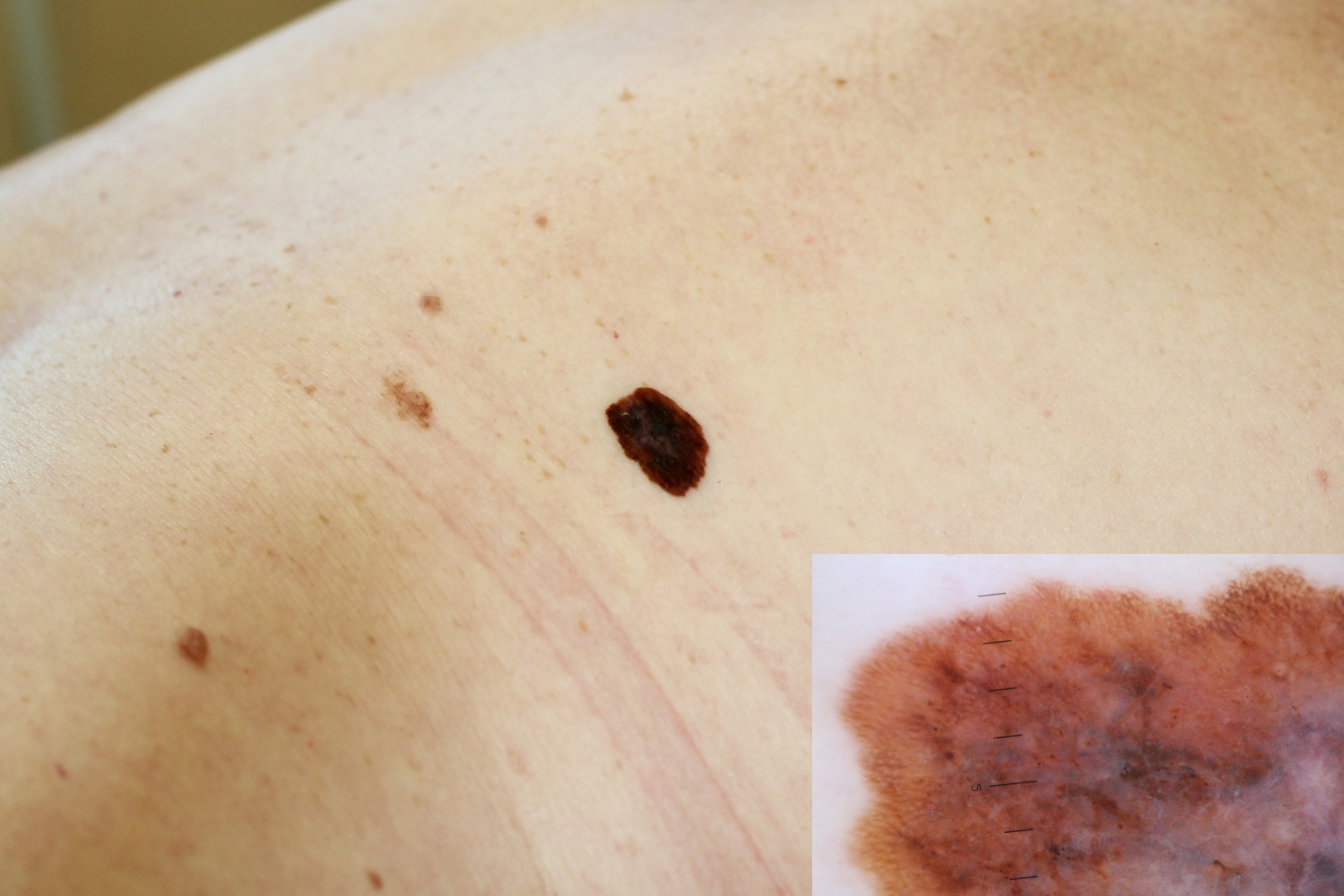When to See a Dermatologist: Signs and Symptoms to Watch For

At Fall Creek Skin and Health Clinic, we believe that understanding your skin is key to maintaining your overall health. The skin is more than just a protective barrier; it reflects your internal health, emotions, and environment. Recognizing when it's time to seek help from a qualified dermatologist can prevent minor issues from escalating into significant health concerns. Here are some signs and symptoms to watch for that indicate a need for specialized care.
1. Persistent Acne
While many experience breakouts during adolescence, persistent or severe acne can indicate a more serious underlying issue. If over-the-counter treatments aren’t providing relief after a reasonable time, it may be time to consult a dermatologist. They can suggest effective treatments that go beyond standard skincare routines, which may include prescription medications or professional procedures.
2. Unusual Moles or Skin Changes
It’s crucial to monitor your skin for any new moles or changes in existing ones. Look for asymmetry, irregular borders, multiple colors, or changes in size—these could be warning signs of skin cancer. The American Academy of Dermatology recommends performing regular skin self-exams to notice any oddities early. If you notice anything concerning, visiting a dermatologist can provide peace of mind and necessary treatment.
3. Rashes That Don’t Go Away
Rashes can stem from various sources, including allergies, irritations, or infections. If you find that a rash persists despite home care or over-the-counter treatments, seeking a dermatologist’s advice is important. They’ll evaluate the rash, determine the cause, and recommend appropriate treatments tailored to your needs.
4. Scaling and Itching
Conditions like psoriasis and eczema can cause persistent scaling and itching. These can impact not only your skin but also your quality of life. If you’re experiencing these symptoms frequently or severely, a dermatologist can provide specialized treatments and strategies to help manage these chronic conditions effectively.
5. Hair Loss
Sudden or unexplained hair loss can be distressing and may signal conditions requiring professional evaluation, such as alopecia or hormonal imbalances. A dermatologist can help pinpoint the cause and recommend treatment options, from topical applications to more advanced therapies.
6. Nail Problems
Changes in the nails, such as discoloration, thickening, or separation from the nail bed, can indicate fungal infections or other systemic issues. If you notice these changes, it’s wise to consult a dermatologist for diagnosis and treatment options.
7. Skin Infections or Wounds That Won’t Heal
If you have a cut, sore, or other type of wound that shows no signs of healing, it could be a sign of an infection or an underlying health issue. In such cases, timely intervention from a dermatologist is crucial, as they can diagnose and treat the concern promptly.
In conclusion, our skin is a vibrant and intricate organ that deserves the best care. At Fall Creek Skin and Health Clinic, we’re dedicated to treating patients of all ages for skin-related issues and providing affordable general practice services. If you experience any of the symptoms mentioned, don’t hesitate to reach out. Early detection and treatment can make a significant difference in your skin health and overall well-being. Remember, when in doubt, it’s always smart to consult a professional. Your skin will thank you!




